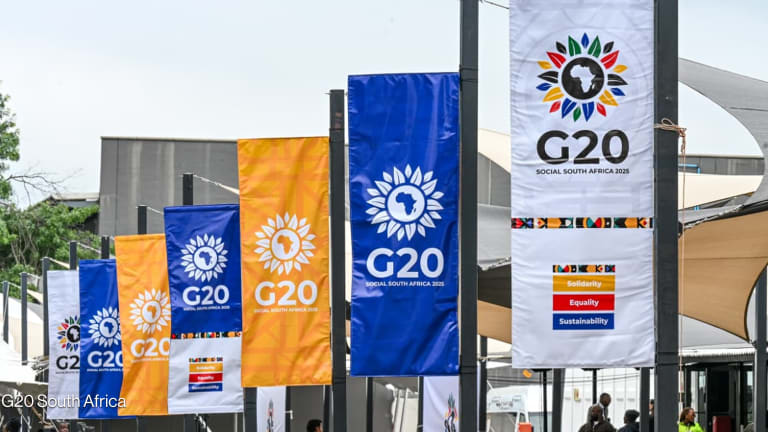World leaders were grateful for the chance to talk climate and poverty in Paris this week — and frustrated that they still had to.
Rather than listen to and then seek to address the anger and aspirations of governments outside Europe and the United States — on debt, on climate finance, on donors’ obsession with competing with China — this week’s gathering on a New Global Financial Pact seemed to come late to the idea that the leaders in Africa and Latin America were not totally buying what Western governments had spent the previous day selling.
It was only on Friday morning, after a Thursday full of panel debates that served mostly to deliver precooked announcements, that hosting French President Emmanuel Macron and German Chancellor Olaf Scholz — the heaviest G-7 hitters in attendance — yielded the floor to their guests. A “working dinner” Thursday night was closed to the public.
Search for articles
Most Read
- 1
- 2
- 3
- 4
- 5








